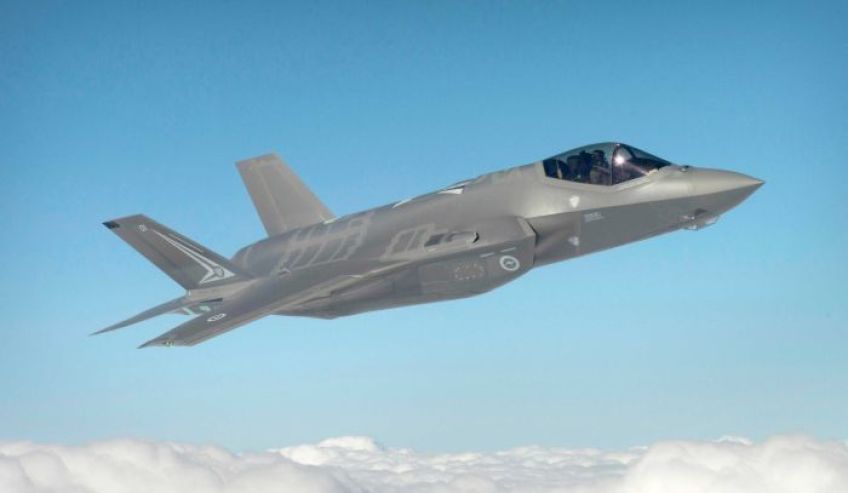Australia’s endeavour to operate a fifth-generation Australian Defence Force will require assured access to key systems reliant on space, an area becoming increasingly contested, a new report from the Australian Strategic Policy Institute argues.
To continue reading the rest of this article, please log in.
Create free account to get unlimited news articles and more!
In ASPI's latest report – Australia in space: Views from The Strategist – former deputy secretary for strategy in the Department of Defence Peter Jennings says the government's investment in Australia's space capabilities is being driven by a stark reality facing all countries; establish and use your interests in space or risk losing them altogether.
For Australia, such a scenario would be quite costly for Defence and the fifth-generation-enabled force it is currently developing.
"A new factor driving national approaches to space is that all countries are faced with an increasingly stark choice to ‘use or lose’ their interests in space," Jennings explains.
"Australia is acquiring at immense cost a fifth-generation-enabled defence force, which, if we’re ever to fight with it, must have assured access to systems that rely on space."
Australia's alliance with the US currently allows Australia access to important key space systems, but Jennings said being able to operate these systems independently is a necessity.
"The US alliance provides fantastic access to key space systems; however, it could benefit from increased resilience from allied systems designed with it in mind. So a defence policy for space must set out how we’ll ensure that our forces have access to key systems inside our alliance with the United States and alone if necessary," he said.
Space, along with cyber, is considered one of the biggest areas to change the warfare of the future, with cyber battles likely to occur over access to space and space-based communication systems that other militaries or rogue actors could disable.
Jennings argues that this, combined with Australia's platform-centric focus and seeming lack of focus on enabling systems crucial to the operation of these expensive platforms, is problematic.
"It’s one thing to talk the talk about a fifth-generation ADF, but quite another to galvanise delivering the enabling systems that are so space dependent," Jennings said.
"We are still too focused on platforms, which anyone can see when discussions turn to the number of Joint Strike Fighters or submarines Australia will acquire."
The implications for this short-sightedness affects not only Defence but also everyday Australians, Jennings said, offering up food for thought for Australia's politicians.
"While our military forces think about the implications of operating in a ‘day without space’, our politicians should ponder what a day or two without space would do for the quality of social harmony in Australia," he said.
"If satellites go down and there are no others that can provide redundancy and resilience, how long would it take to turn our urban centres into end-of-days theme parks?"

 Login
Login







